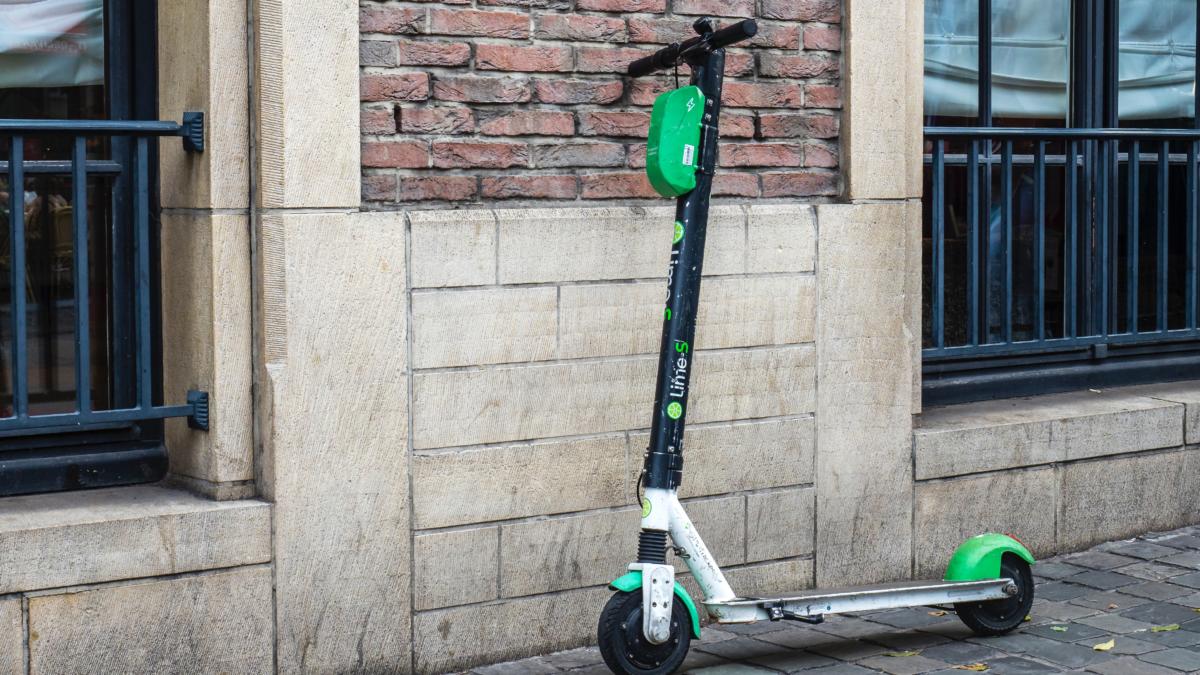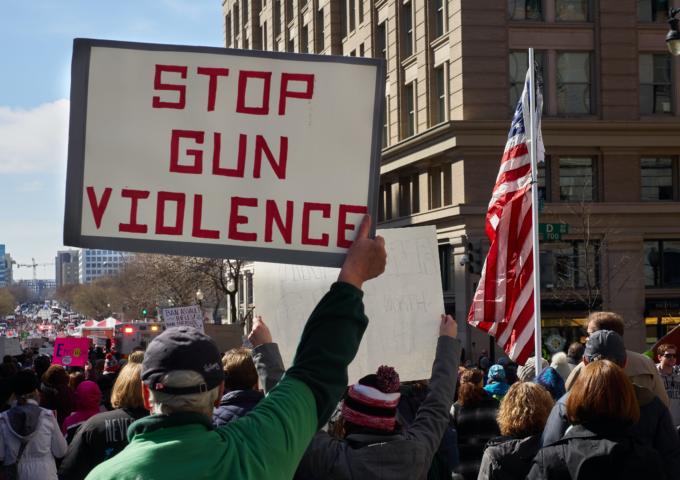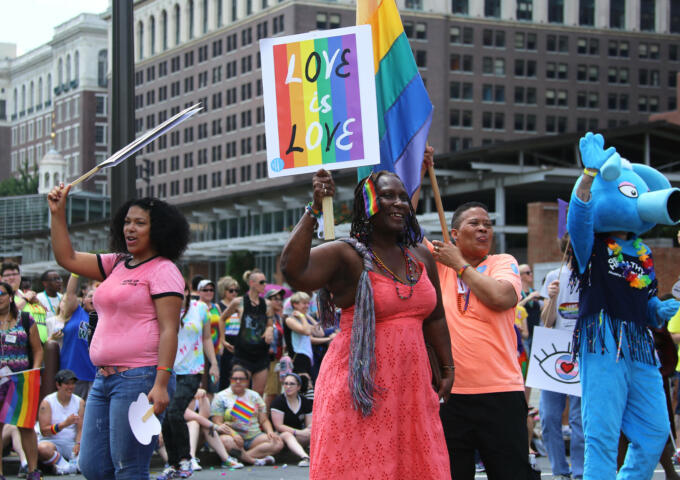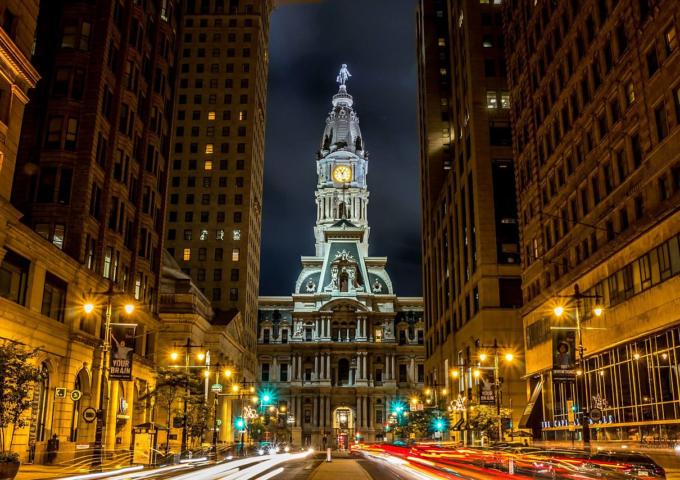Why is it so hard to make simple changes in Philadelphia?
In Billy Penn last week, Michaela Winberg noted that Pittsburgh can now launch a pilot program for e-scooters, but doing so remains banned everywhere else in Pennsylvania. While the mayor and Rep. Stephen Kinsey have tried to fix a section of state law that bars any vehicle from the road if the DMV can’t register it, the status quo has remained.
This is moronic. Getting more people on e-scooters and bicycles, and prioritizing them over cars, would be a boon for the city. The air would be better, the streets would be safer, and the city would feel as if it were meant for people, not reckless drivers.
Sure, state law is a problem, but city leaders could force a change if they would simply ignore it.
Call it the Uber approach: Build the infrastructure (more protected bike lanes and places for scooters to go), create a group of people who benefit from it, and lobby to change the law. Is it technically illegal? Perhaps for private citizens. But there’s nothing wrong with the city creating more bike lanes. Furthermore, two sitting City Councilmembers are under indictment for violating federal law—if City Council wants to break the law, maybe they should do it for the good of the people this time.
Though the mayor supports e-scooters, it’s not unanimous in City Hall. The Streets Department opposes them due to safety concerns. We live in a culture obsessed with safety. Safety is the go-to excuse to stop anything new. Philadelphia regularly has its streets overtaken by dirtbikes and ATVs, but slow-moving, quiet e-scooters are simply too unsafe, apparently, to allow.
Yet e-scooters would be much safer if the city simply built more places for them to ride in. Rather than protecting the sacred cow of “easy parking everywhere,” the city could expand bike lanes and e-scooters could be safer to ride around the city. It is a policy choice, not an ironclad law, that makes e-scooters “unsafe.”
The safety threat in moving around Philadelphia does not come from bikes and scooters—it comes from careless drivers and poor road infrastructure that prioritizes speed. Prioritize pedestrians, public transit, and bike lanes, and the safety issue disappears.
Dozens of cities have accommodated scooters in one form or another, it isn’t rocket science. What is needed is for city leaders to think a decade or two ahead and imagine how the city could be better. It doesn’t take a flashy new stadium or attracting a company the size of Amazon. Real, concrete improvements can happen if we reconsider free, easy parking and instead make it a priority to move around a dense city on two wheels instead of four.
In this case, New York City is beating Philly. In 2020, the city added 35.2 miles of bike lanes and another 28.6 miles of protected bike lanes. Philadelphia, from 2017-2020, added 10 miles of protected bike lanes and 45 miles of bike lanes. It’s not a bad start, but more can be done—especially if City Council gets out of the way. A 2012 law grants them veto power if installing a bike lane would mean less parking or the loss of a traffic lane. But this approach of case-by-case approval makes it harder to create an integrated system of bike lanes. Drivers will always clamor for more parking and more traffic lanes, no matter if these demands make the city worse for pedestrians and cyclists.
Philadelphia doesn’t need to look like Manhattan or Amsterdam. Every street doesn’t need a bike lane on it. What is clear, though, is that Philadelphia should embrace its strengths, and one of those strengths is its compactness. The priority should be on making it easier to get around the city by foot, by two wheels, or by mass transit. Choosing free parking for cars over ease of moving through the city is suburban thinking that doesn’t fit an urban metropolis.





